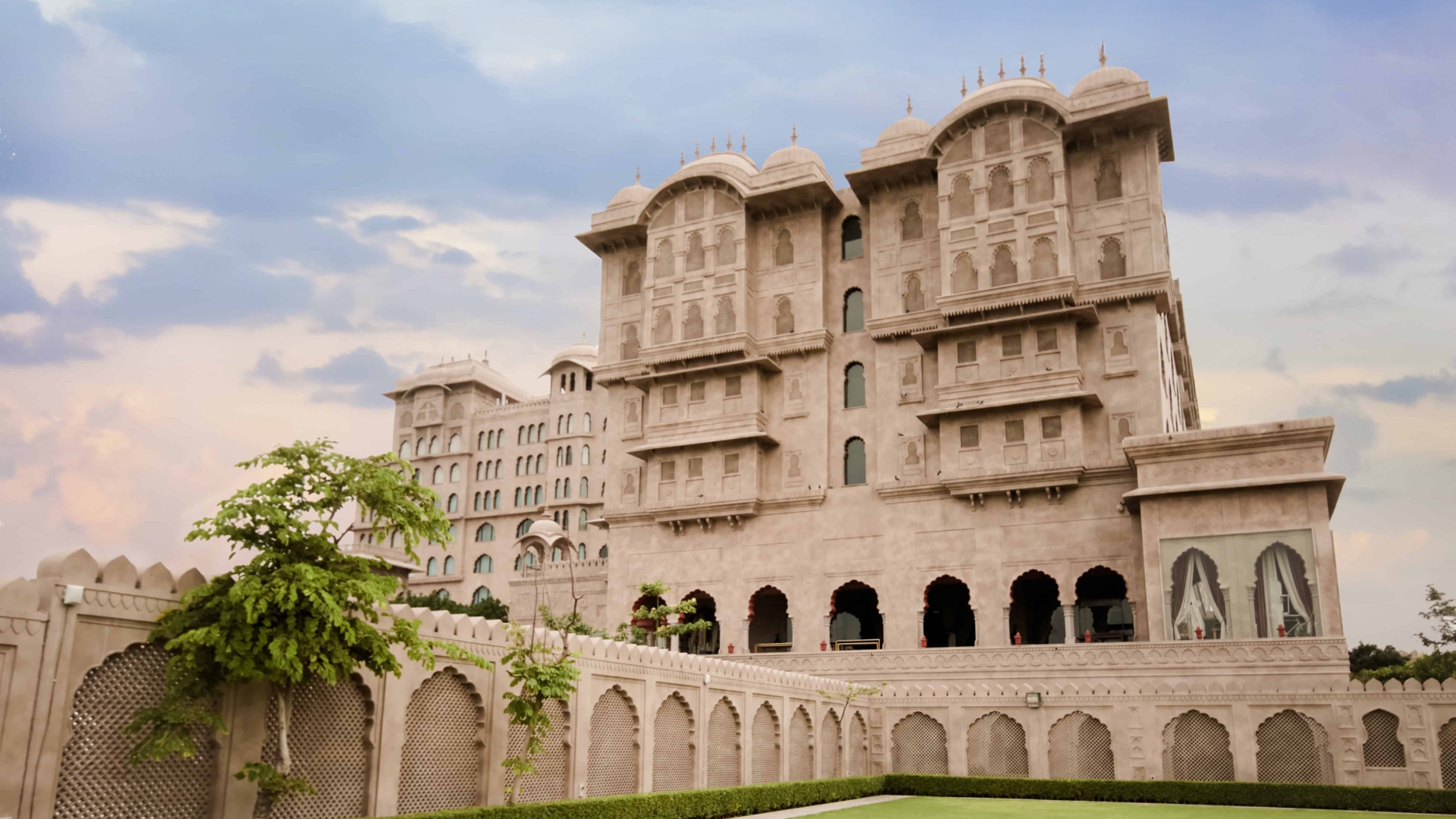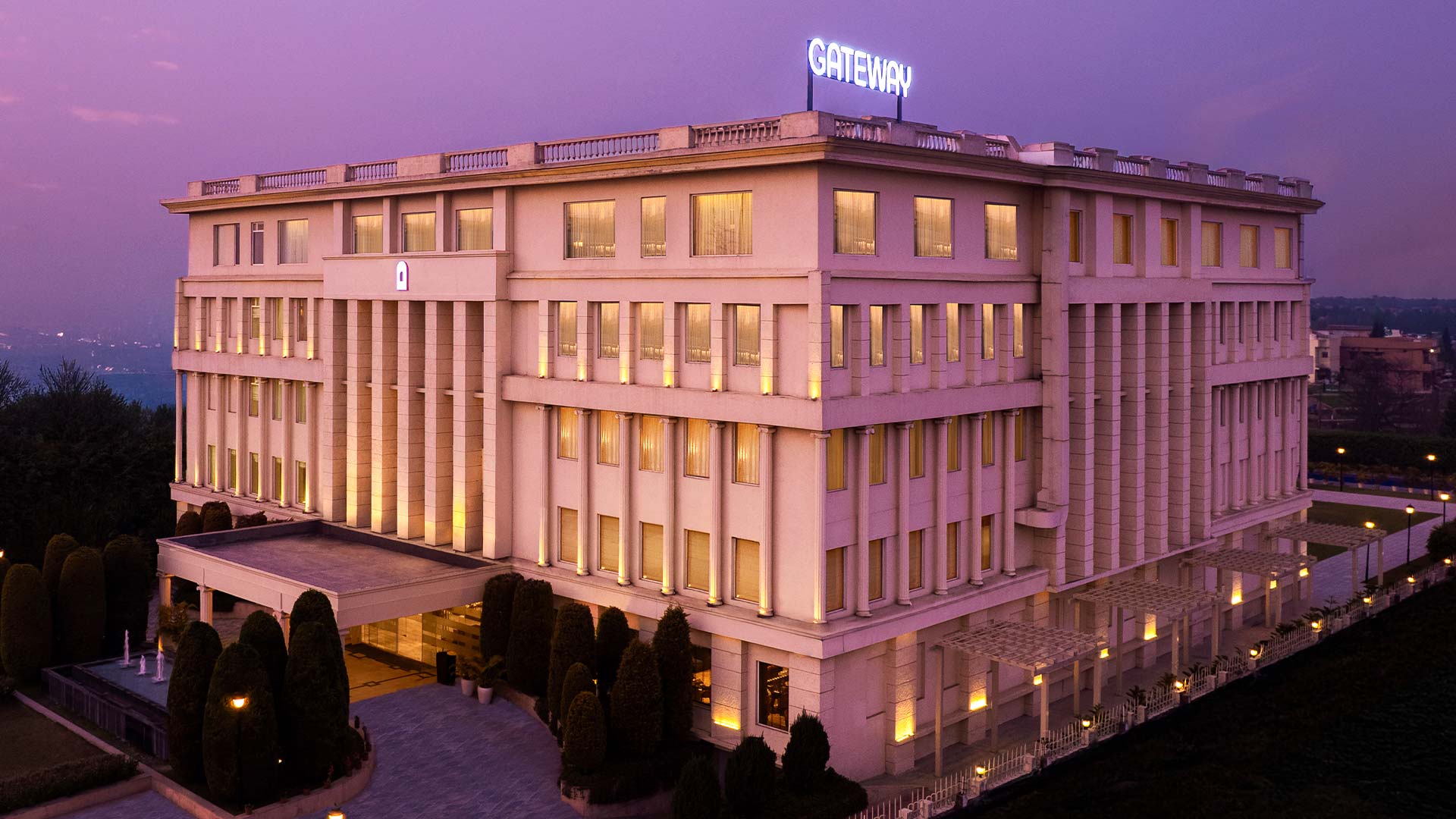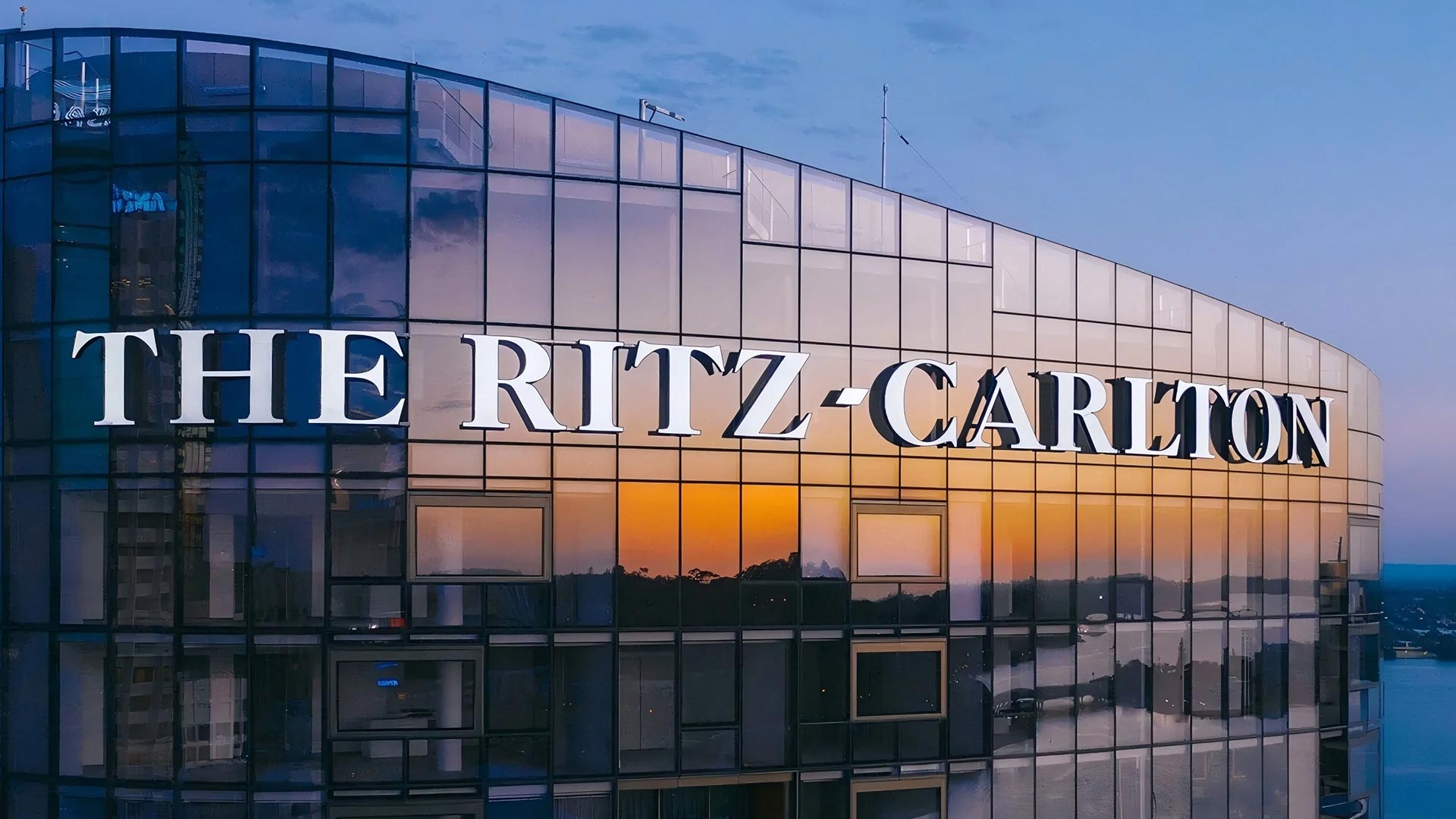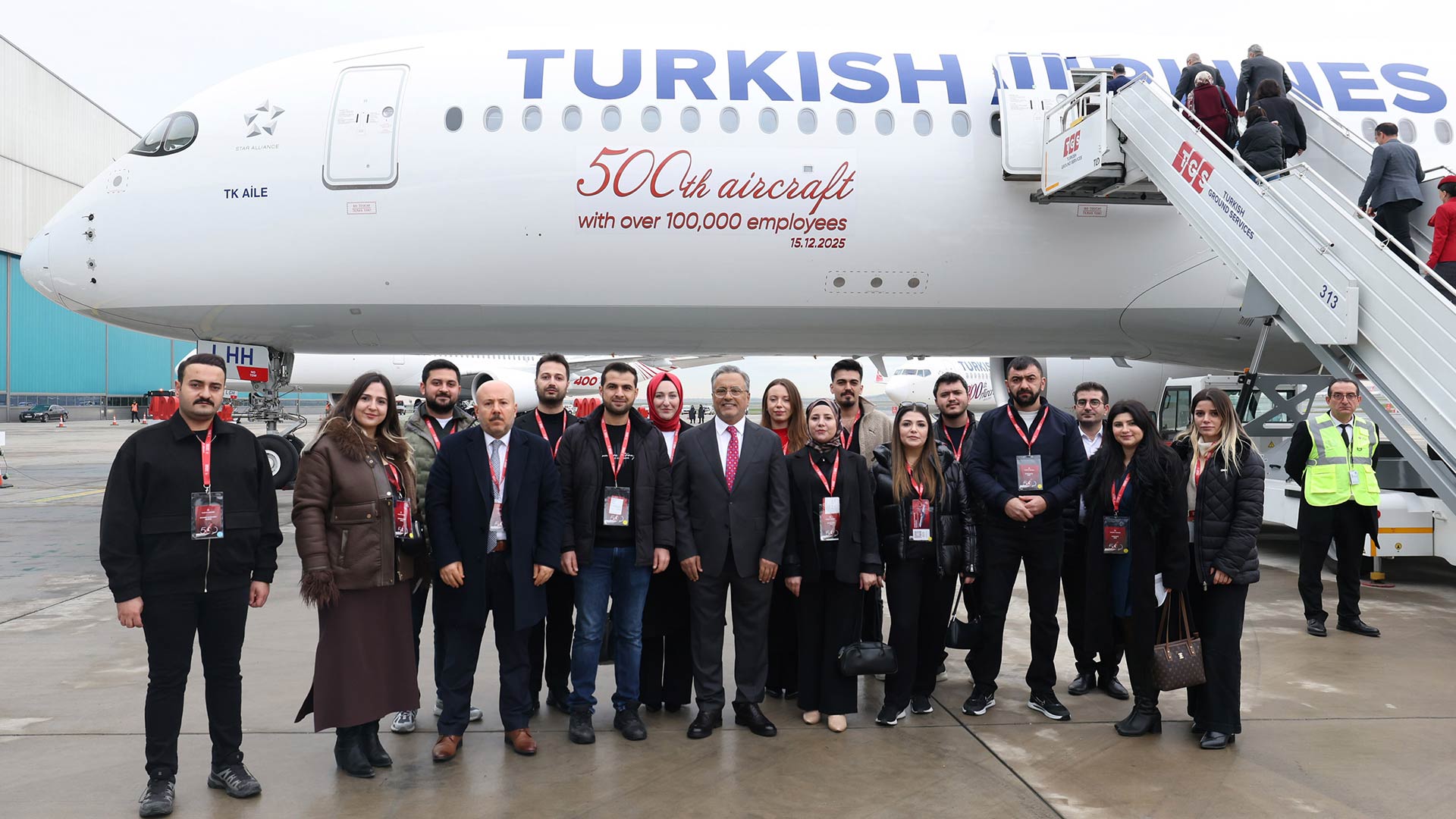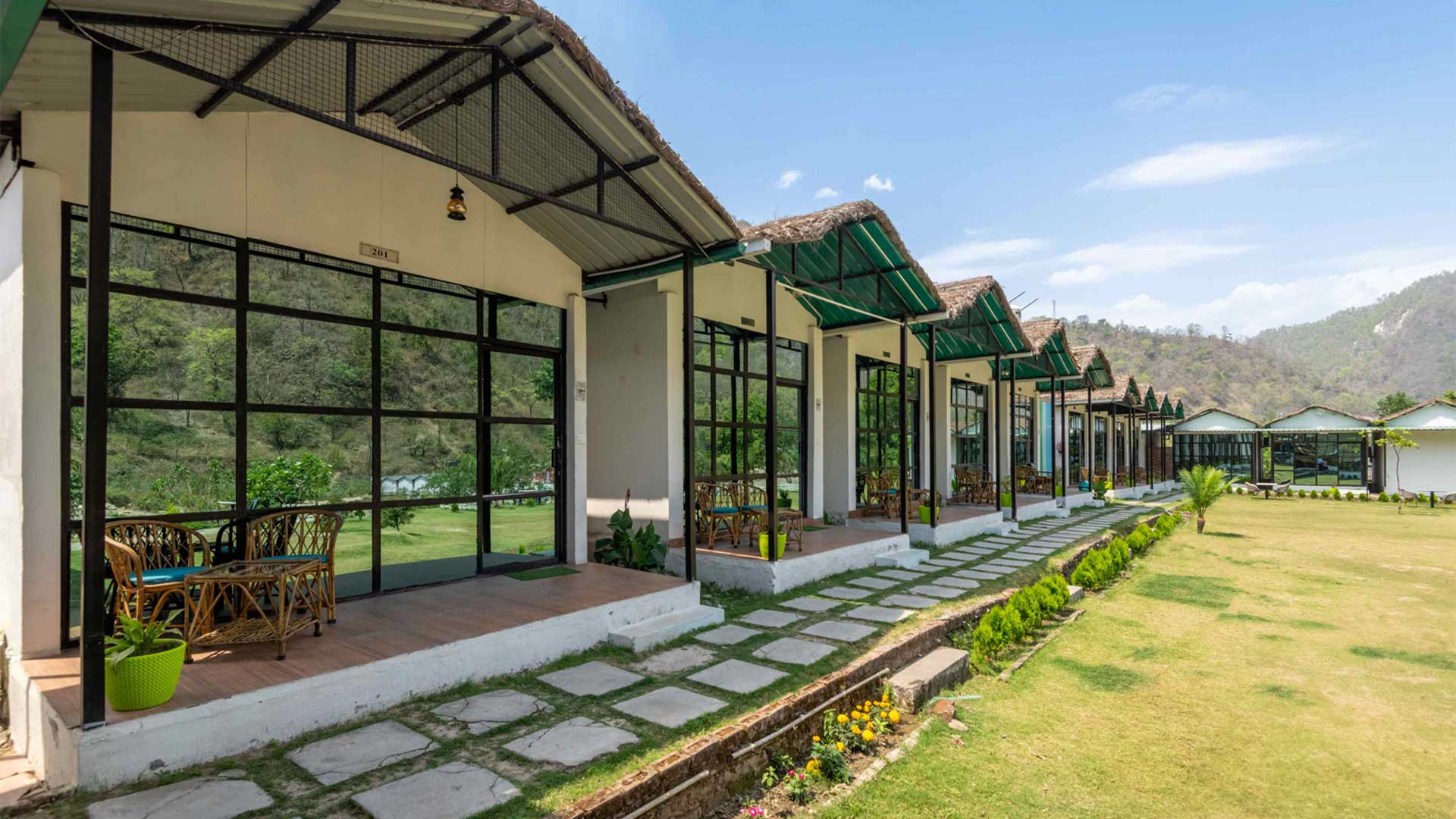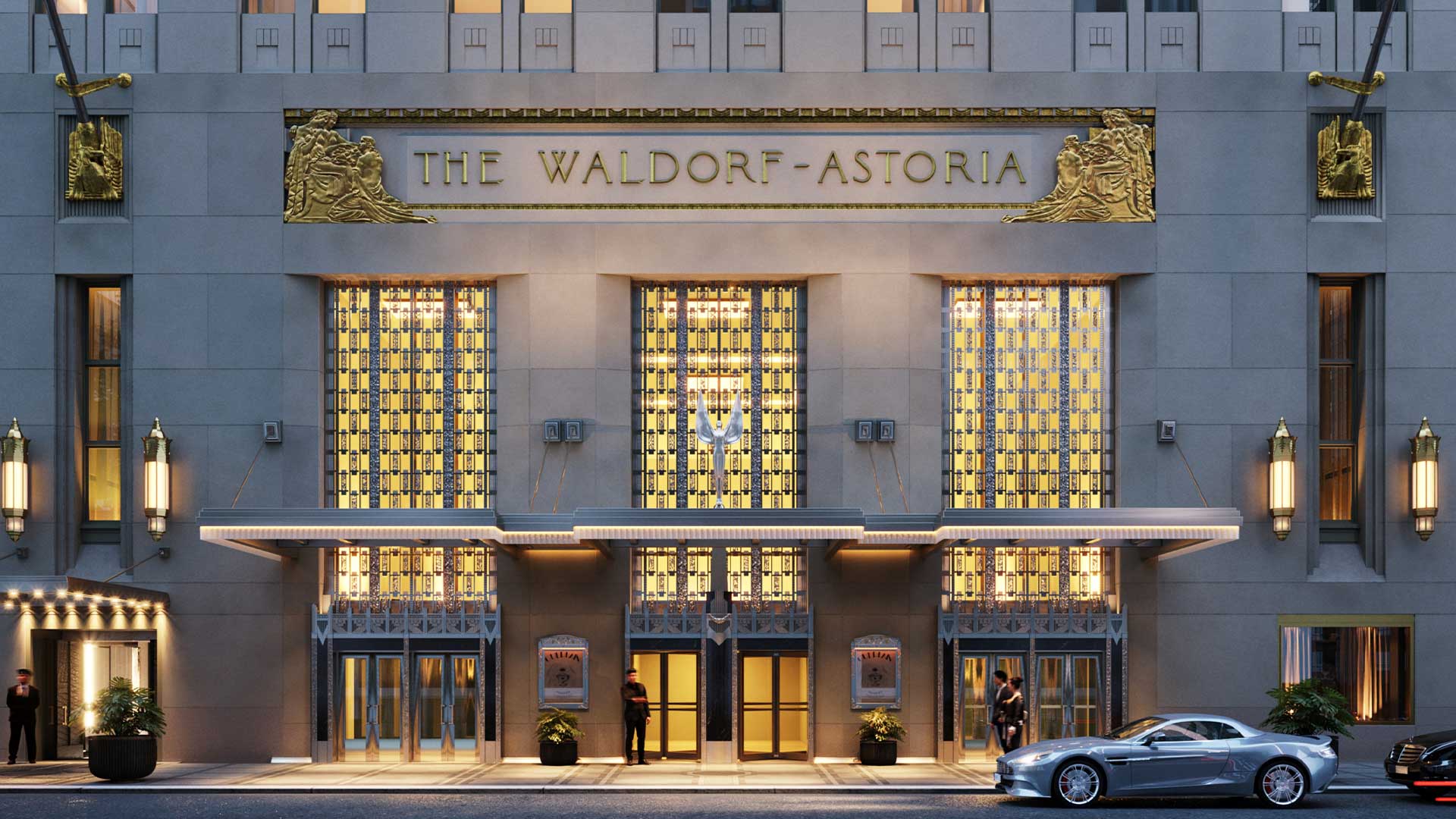Is This Accor's Do-Or -Die Moment In India?
Global hospitality major believes its India story needs to accelerate to grow faster. Can a new merged entity do it?
By Suman Tarafdar
Number of Accor hotels globally: touching 6,000.
Number of Accor hotels in India: 70 odd.
That statistic tells its own story of Accor—one of the largest global hospitality chains—in India. One could go on. Of the 40+ Accor brands globally, India has just nine. About nine-tenths of this portfolio is distributed among Novotel and ibis. There is just one Sofitel in India, just a couple of Pullmans, and two Fairmonts. Although Accor invested in India, its growth has not perhaps kept pace.
Accor CEO Sébastien Bazin, in a rather public dressing down at HICSA 2024, had expressed dissatisfaction at the group’s growth in India, saying that 90% of the success of hotel companies is linked to two things—demography and emerging middle class—and on both parameters, India was perfectly placed.
Well, whatever the reason, Accor has taken a hard look and decided to restructure its India operations. In a major shift, Accor India will now report to a board formed between Accor and InterGlobe, an announcement that had been made last month.
Following up, Accor has announced that this new entity—whose name or exact details are yet to be revealed—will bring together the development, operations, and management platforms of Accor and InterGlobe in India.
The new entity is designed to serve as the exclusive growth engine for Accor’s brands across the country.
“India’s hospitality sector is entering a transformative phase, and this new platform is perfectly positioned to capture its full potential,” says Gaurav Bhushan, who will head this entity as Chairman. He is currently Co-CEO of Ennismore and CEO of Lifestyle & Leisure Brands at Accor. “We are consolidating our leadership team into a single entity and are making progress. While going through the legal motions, we are substantially ramping up development.
The whole intent is to build an autonomous business run by an Indian team with autonomous decision making. Elaborates Bhushan, “Many global hospitality companies have India as part of their Asian region or the Middle East region with teams reporting to Dubai or Singapore. Our approach is quite different. We will have an autonomous leadership team, reporting to a board, but running the business and making all the decisions on the ground. The India head, instead of reporting to EMEA or East Asia, will report to a board made up of interGlobe and Accor representatives. We have what I really believe is the most formidable portfolio of brands, from mid-scale to economy, and lifestyle to luxury. We will bring the entire portfolio of the Ennismore lifestyle brands, the restaurant and F&B brands into that venture.”
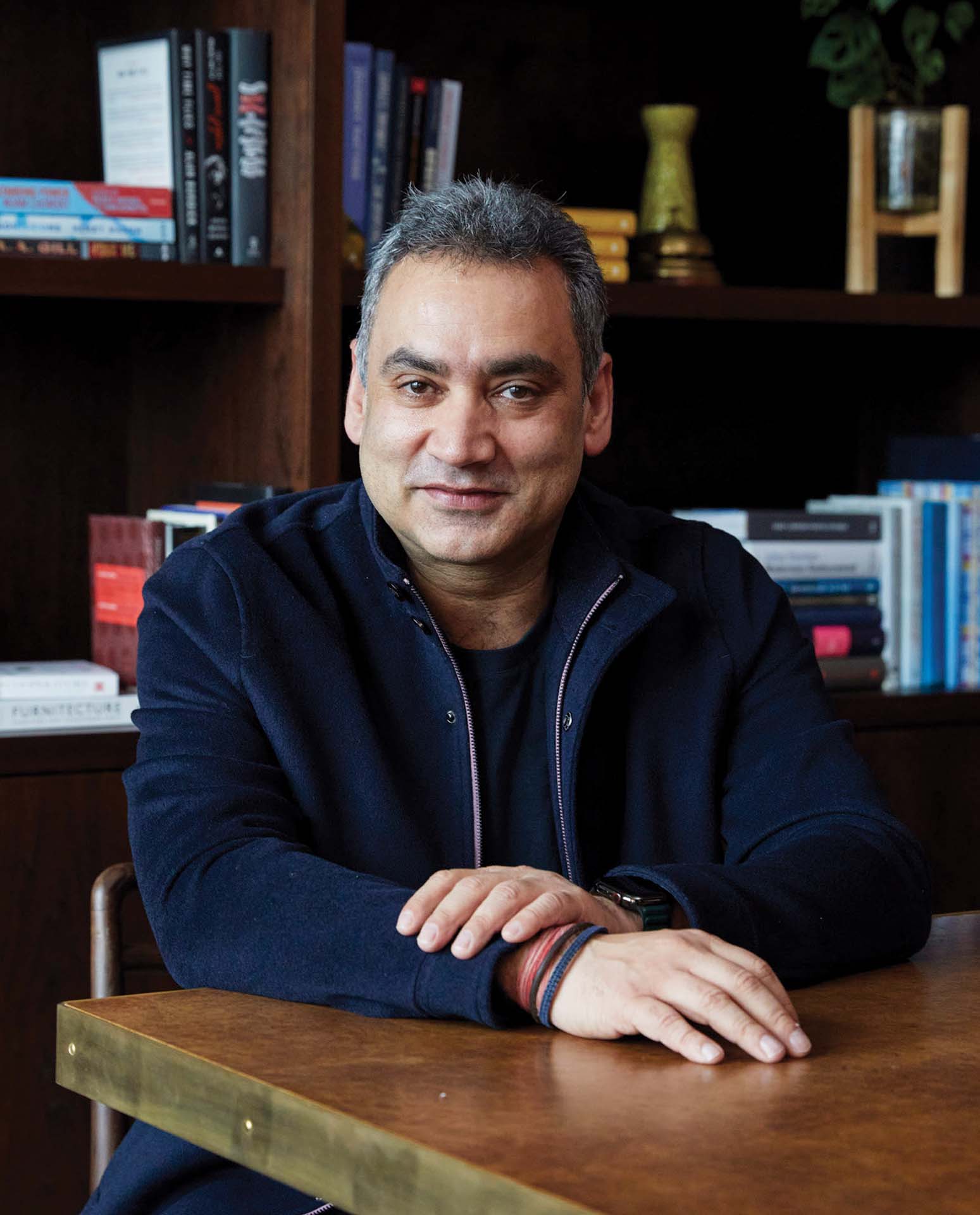
Gaurav Bhushan, Chairman, Accor & Interglobe.
Accor and InterGlobe have had a partnership spanning about two decades. As part of this partnership, Accor and InterGlobe will bring together their currently owned assets, development and management businesses in the country to form one autonomous, integrated platform. This new entity will become the exclusive vehicle for growing all Accor brands in India, including luxury and lifestyle brands from Ennismore, Accor’s hospitality portfolio. Accor will continue to lead operations and brand management and provide full access to its brands and services.
Bhushan admits, rather candidly, that there has been an examination of the challenges to Accor’s growth in India. “Accor has been growing reasonably well, but not as fast as we would like and not in line with the vision of both the partners, InterGlobe and Accor.”
Back to basics is how he says the operations will refocus on. “Our business as a hospitality platform is 95% execution. It is about the speed of decision making, having quality people and responding to situations. It's an operational business. If you don't make decisions on time, or the ground, it impacts the quality of your business and the confidence of your partners. So, all we are doing is ensuring that the business in every sense of the way is autonomous and local. And that gives us, I hope, an edge over a long period with a lot of other global hospitality players who maybe don't have the same approach.”
Bhushan hastens to add that the business model doesn't change. “The growth of the business is still very much intended to be asset-light. So, there's no change fundamentally in how the business model is. It's about executing it smarter, with a much bigger portfolio of brands and a newly forged partnership with Indigo that will help drive a big loyalty piece, which is so important in a market like this.”
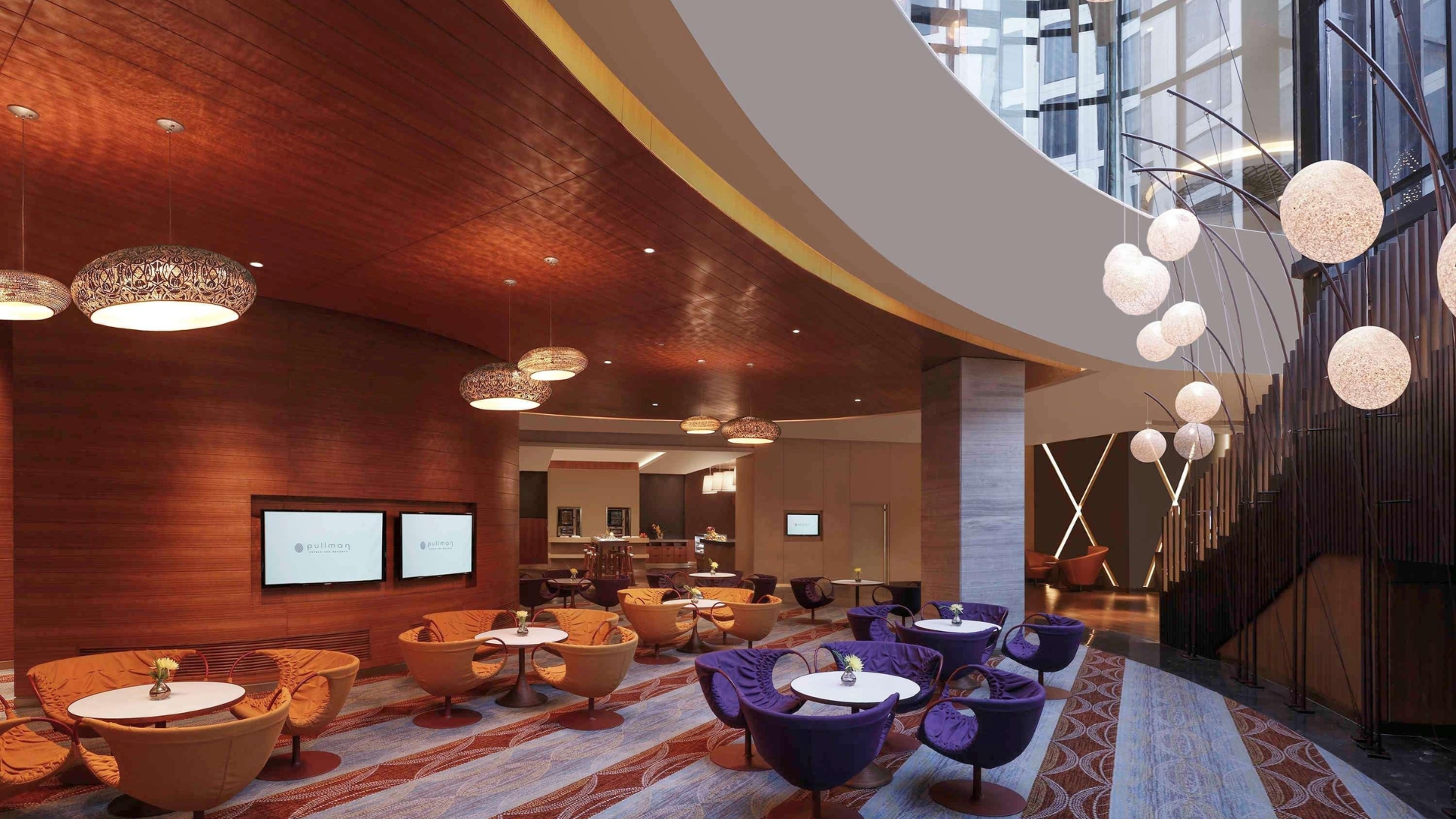
Pullman New Delhi was the first hotel for the brand.
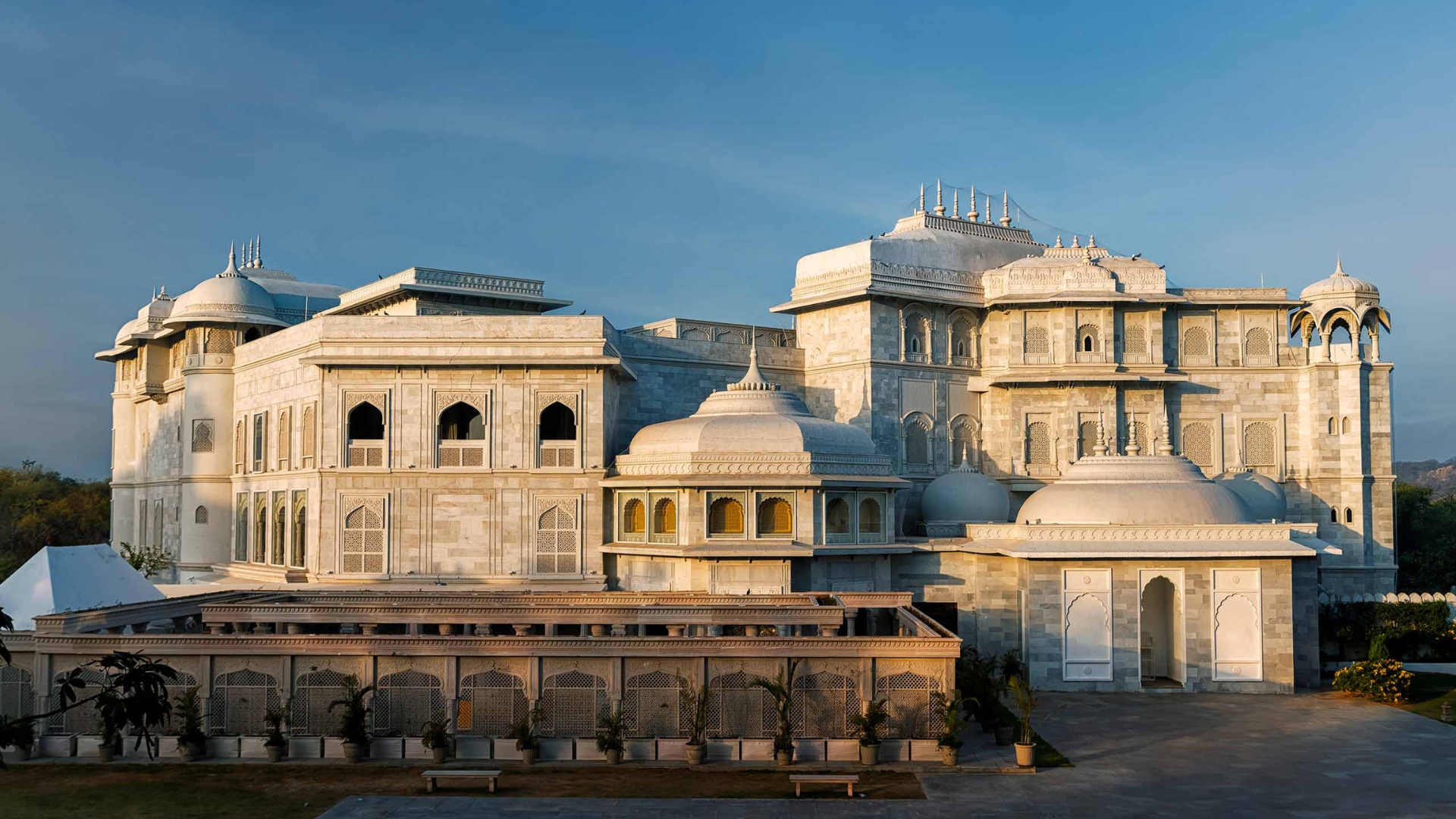
Raffles Jaipur is the second hotel for the brand in India.
This alliance between InterGlobe and Accor is poised to turbocharge Accor’s presence in India with a target of 300 hotels by 2030, a statement from the hospitality major said. “The collaboration will help us drive our distribution and loyalty in the country. This joint venture will have a strategic partnership with Indigo in terms of loyalty and marketing. We are not going into the details of the equity ownership but it's very much joint decision making.”
Bhushan also points out that this consolidated joint venture will “have a big focus on luxury and lifestyle, and will continue to drive the mid-scale and economic growth that it's already been doing. Over the last 10 years, the scale of growth in India has been slower than the markets in the Middle East or Southeast Asia. But again it comes down to the GDP per capita and spending patterns and, as incomes grow, that will evolve. I can't tell you today exactly how that would play out. But the mid-to-long term trend is positive and we are betting on the growth of that.”
At the moment, 95% of the demand for that luxury end is coming from the domestic market, rather than from overseas travellers. There is an increasing propensity for local consumers and travellers to spend in India. “The leisure segment is probably the most underserved and under-resourced today and will experience the highest growth. People go overseas because they don't find the right experiences in the country.”
The group’s recent investment in Treebo is designed to address the economy end of the market, the sub-100-room hotel space. “The unified joint venture now has made a strategic partnership with Treebo, where the latter will take on a master license for the ibis and Mercure brands and develop that nationwide,” explains Bhushan.
Contrary to wider economic headwinds that indicate a slowing of the Indian economy, Bhushan is confident in the Indian growth story. “The performance of the business this year continues to be a strong year in terms of RevPAR growth. The revenue per available room continues to grow in double digits. The fundamentals and economy are strong, there’s more and more travel driven by the domestic market, and the consumer is willing to pay for experiences provided they get the right product and quality. Household incomes are still growing. The disposable income in many markets is enough to drive discretionary spending. So the KPIs of hotels in Tier 2 and 3 cities are positive. And that, in the end, is the litmus test. Are people spending money? Is supply growing? Yes. Are RevPARs growing? Yes. Is spending growing? Yes. I can just tell you that's the reality. So when you take a step back and look at all the basics, structurally this business should have a very good growth cycle over the next five to 10 years.”
An Accor veteran, Bhushan has previously served as Global Chief Development Officer at Accor, overseeing the expansion of the Group’s portfolio from 12 to over 45 brands, and spearheading more than 500 hotel signings annually. His new assignment will probably be the most challenging yet. The potential is immense though.
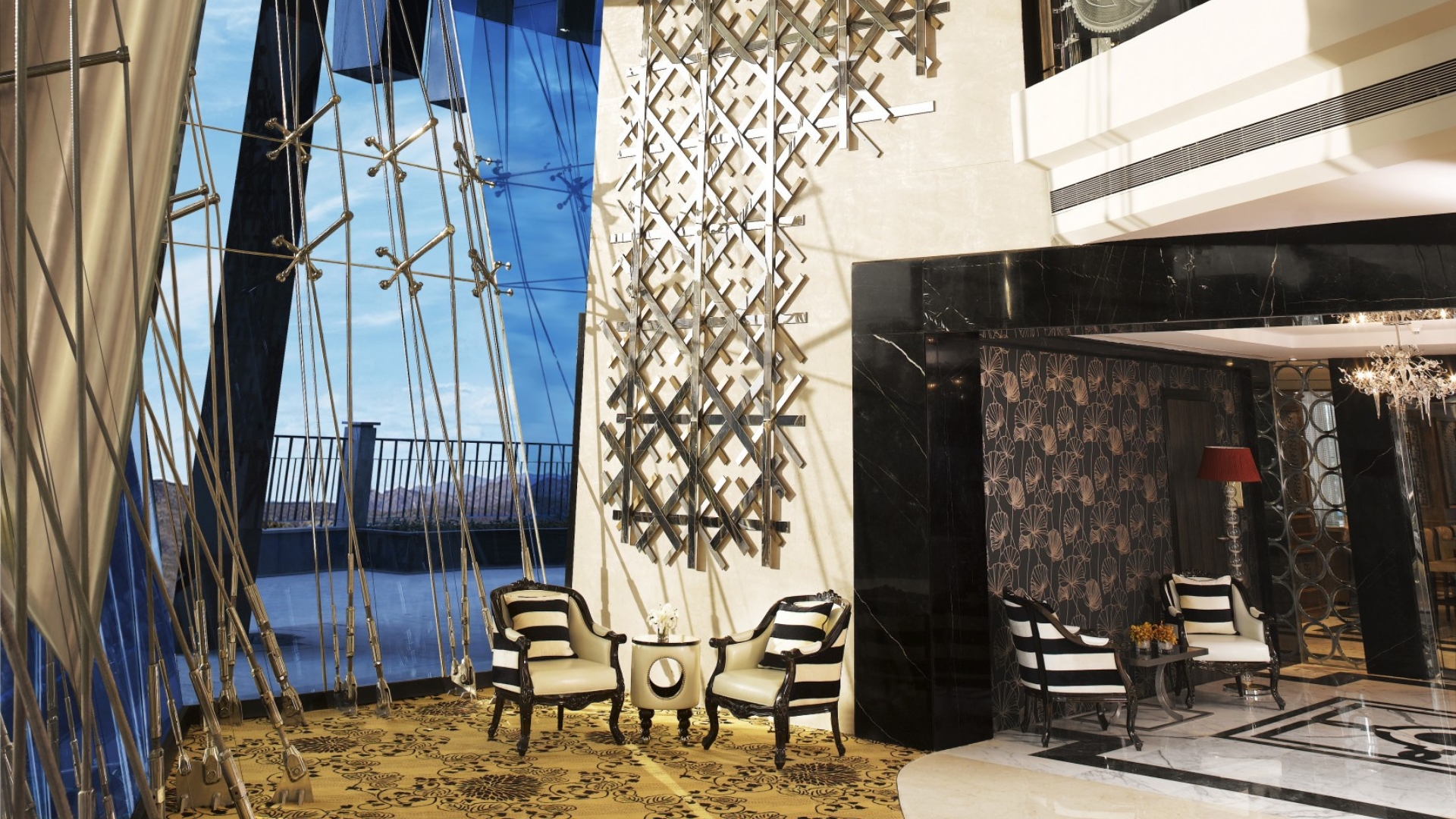
Sofitel has only one address in India, but with Accor focusing on the luxury segment, could see faster growth.
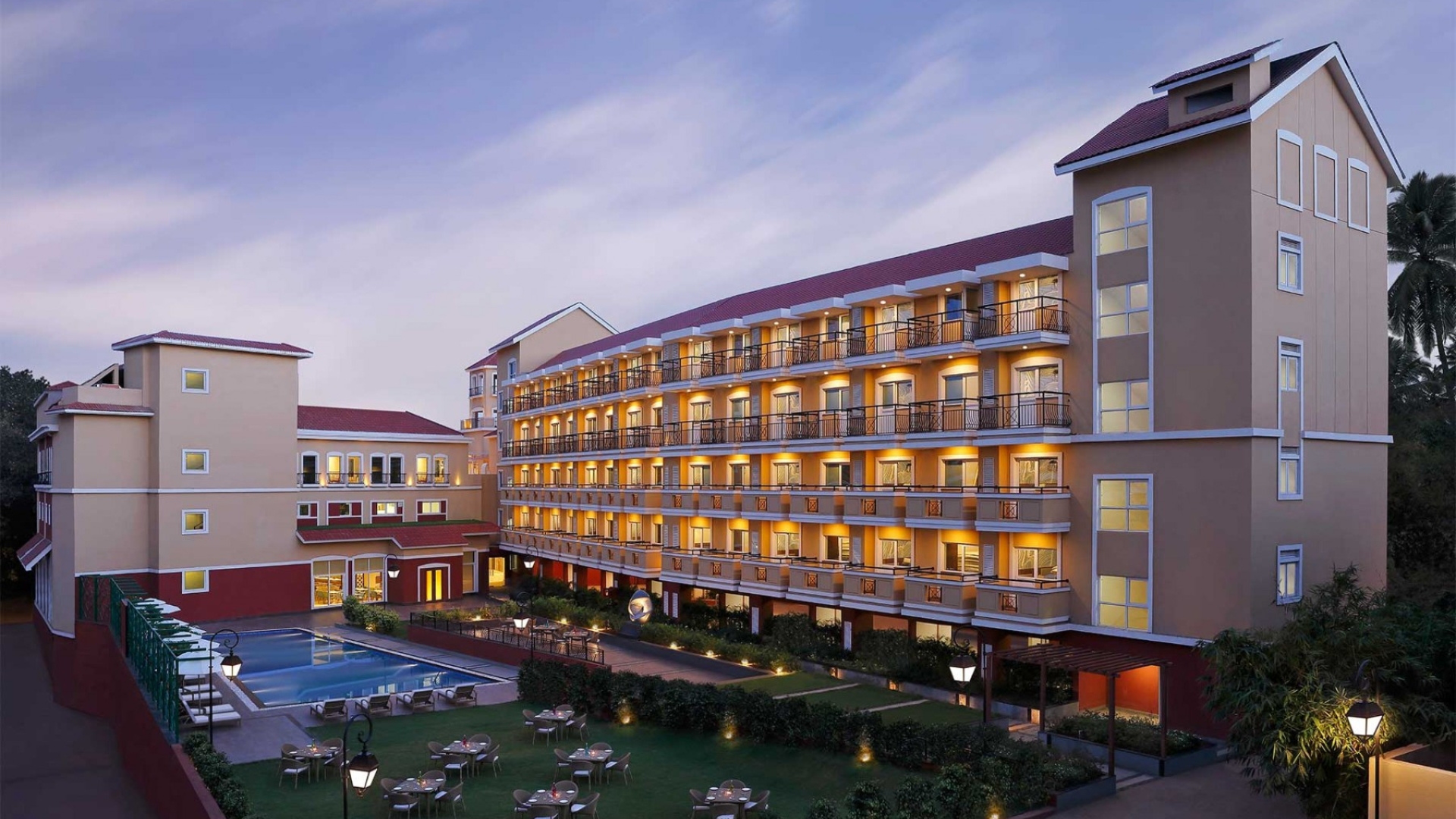
ibis Styles offers affordability with lifestyle.


























